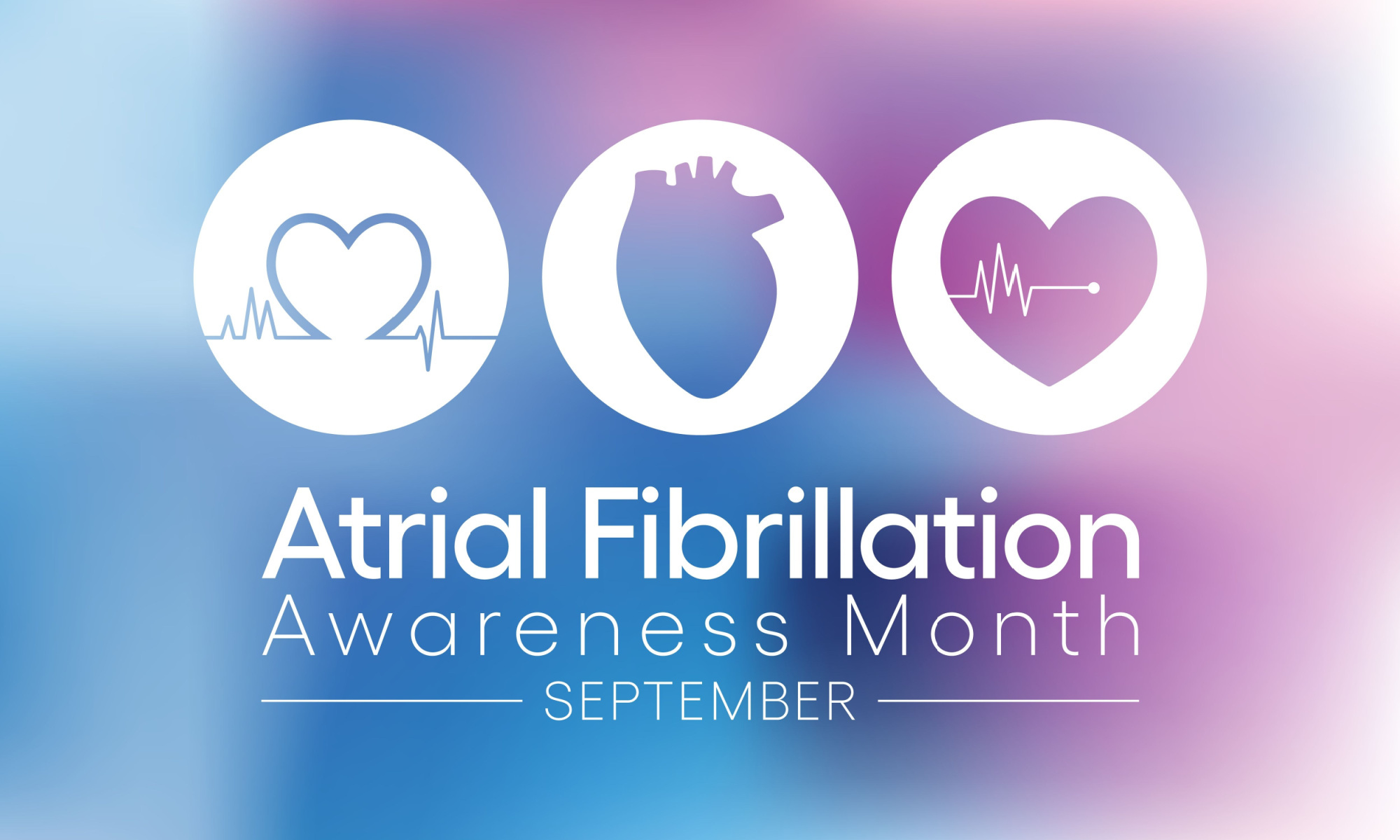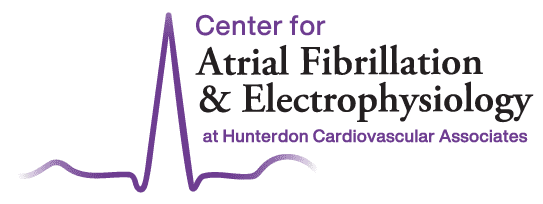
Many people are aware of the sensation of their heart “flipping” or “skipping a beat” in response to a state of emotional excitement. However, an abnormal heart rhythm called atrial fibrillation may be present when your heartbeat is unusually irregular. Atrial fibrillation is not a normal or safe situation. Atrial fibrillation affects millions of Americans each year, and it is the most commonly diagnosed heart rhythm abnormality. Each September, healthcare organizations recognize Atrial Fibrillation Awareness Month to draw attention to this important health condition. Here’s what you need to know about atrial fibrillation (also known as “Afib”) and what to do.
What Is Atrial Fibrillation, or AFib?
Atrial fibrillation is a disease that results in an irregular heartbeat. The word “fibrillation” refers to a quivering of the heart muscle. It can feel like a sensation of your heart racing, flipping, or skipping beats. It can also result in fatigue or shortness of breath. The irregular heartbeat of atrial fibrillation can reduce the predictable delivery of oxygenated blood throughout the body. It can also increase the likelihood of developing a blood clot leading to a stroke. Risk factors that can lead to the development of atrial fibrillation include increasing age, high blood pressure, obesity, obstructive sleep apnea, heart valve problems, diabetes, coronary artery disease, heart failure, alcohol use, smoking, and a family history of atrial fibrillation.
What Are the Symptoms of Atrial Fibrillation?
The symptoms of atrial fibrillation can be subtle. You may feel that your heartbeat has become irregular, with sensations of “flipping” or “pounding.”
Other symptoms of atrial fibrillation may include:
- Lightheadedness or dizziness
- Feeling short of breath
- Chest pain
- Feeling tired
What Treatment Options Are Available?
If a healthcare provider suspects you are experiencing atrial fibrillation, they may conduct an ECG, which evaluates the electrical rhythm of your heart. A heart monitor can capture your heart rhythm over a longer period of time. Once atrial fibrillation has been diagnosed, treatment options may include the following:
- Medication to prevent stroke
- Medication to help keep you in normal rhythm
- Medication to prevent your heart rate from going too fast
- An ablation to help keep you in normal rhythm
- A procedure known as cardioversion to help convert the rhythm back to normal
- Implantation of a pacemaker
- A catheter procedure to implant a device that will prevent blood clots from escaping the heart
What to Do if You Suspect Atrial Fibrillation?
Atrial fibrillation can take you by surprise and significantly impact your health if left untreated. The electrophysiologists and staff at The Center for Atrial Fibrillation and Electrophysiology at HCA are devoted to our patients and to the commitment to providing quality patient care for atrial fibrillation to help prevent any downstream effects. If you or a loved one are experiencing symptoms of a heart rhythm abnormality, please contact us or call us at 908-806-0190.
